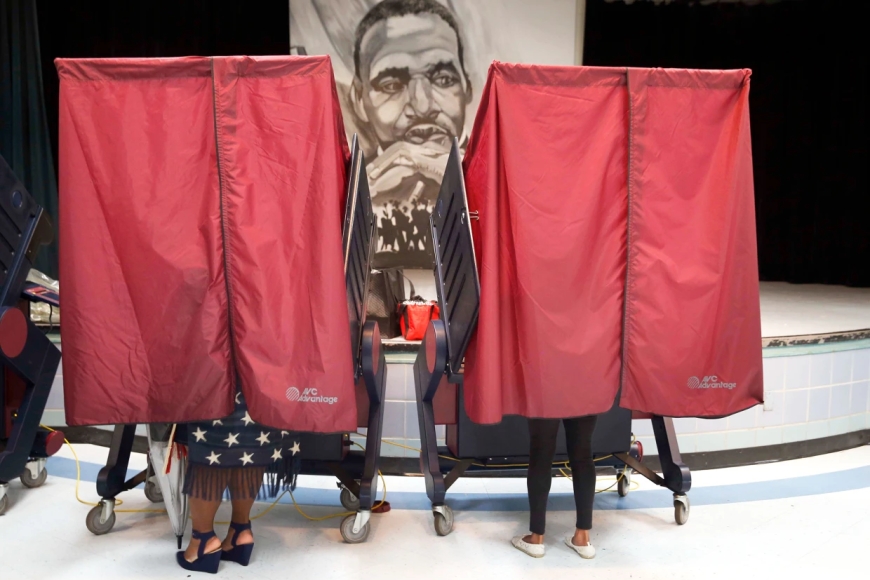Federal Court Halts Louisiana's Congressional Redistricting Amid Racial Gerrymandering Concerns

In a significant legal development, a federal court has intervened to block Louisiana from implementing a congressional map recently signed into law, which aimed to incorporate a second majority-Black district. The ruling, issued by a three-judge panel of the U.S. District Court in Monroe, Louisiana, found Senate Bill 8, the legislation governing congressional district redistricting, in violation of the Equal Protection Clause of the 14th Amendment, guaranteeing equal protection under the law.
The decision, reached by a 2-1 majority, marked a pivotal moment in a case likely to be elevated to the Supreme Court, potentially posing another test for the Voting Rights Act. District Judges Robert R. Summerhays and David C. Joseph, both nominees of former President Donald Trump, penned the court's opinion, asserting that District 6 of SB8 failed to meet the standards of the Equal Protection Clause. Consequently, the court ordered the state not to utilize the map in any forthcoming elections, scheduling a hearing for May 6 to determine subsequent actions.
Paul Hurd, representing the voters contesting the map, expressed appreciation for the court's ruling, acknowledging the efforts of the plaintiffs in challenging the redistricting plan. The lawsuit contended that Louisiana's redistricting efforts amounted to racial gerrymandering, violating constitutional protections outlined in the 14th and 15th Amendments.
While the Louisiana secretary of state's office set a deadline of May 15 for finalizing the state's congressional map for the upcoming elections, it refrained from commenting on Tuesday's ruling. The contentious redistricting saga stems from a federal court ruling in 2022, which deemed the Legislature's previous redistricting plan as disenfranchising Black voters, prompting the redrawing of the map.
The latest map revision, endorsed by Republican Governor Jeff Landry in January, aimed to address previous legal challenges under the Voting Rights Act. However, the new configuration, which included a narrow 6th Congressional District extending from Shreveport to Baton Rouge, faced criticism for potentially diluting Black voting power.
Democratic Representative Troy Carter condemned the court's decision and urged the Supreme Court to intervene swiftly. In a dissenting opinion, Judge Carl E. Stewart, appointed by President Bill Clinton, raised concerns about the majority's ruling, emphasizing the new map's adherence to the Voting Rights Act.
The outcome of the legal battle over Louisiana's congressional map holds significant implications, particularly in the upcoming November elections, where Republicans seek to maintain their slim majority in the House of Representatives.













































